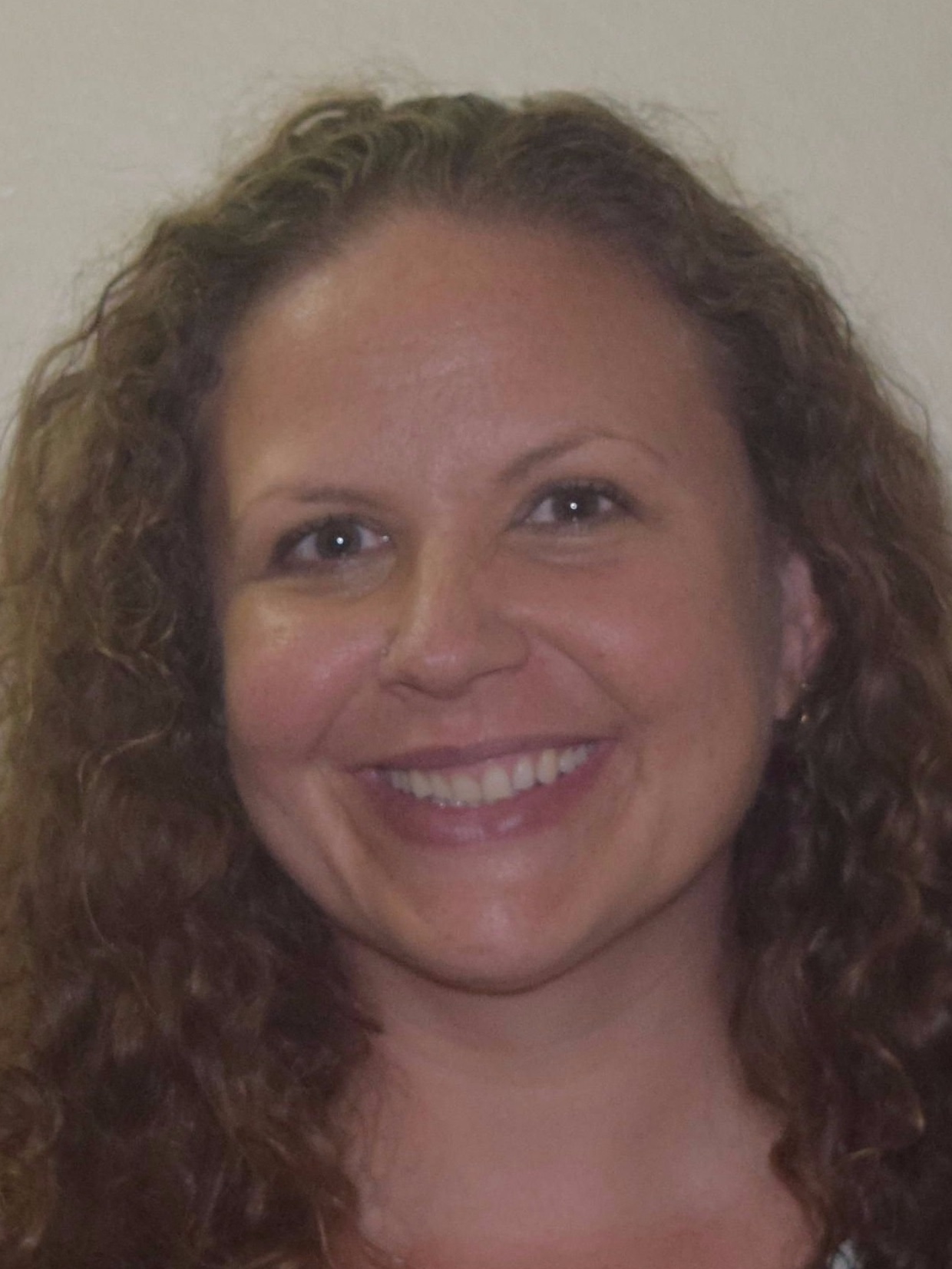Lillian Brown and Melissa Conrad Receive Young Scientist Awards
Teri Liegler, PhD, devoted her career to promoting science.
“She was a beloved faculty member and an incredible scientist,” said Diane Havlir, Chief of HIV, Infectious Diseases & Global Medicine. “Teri was one of a kind.”
After an eighteen month fight with glioblastoma, Liegler died in September 2018. Yet her legacy of advocacy for science continues.
On February 13, the first annual Teri Liegler Young Scientist Career Awards—which honor excellence in science, and the promotion of collaboration and generosity—were awarded to two assistant professors of medicine: Lillian Brown, MD, PhD and Melissa Conrad, PhD.
“Teri exceptionally reached out to young scientists,” said Havlir. “It was her wish that this award was established.”
At the ceremony, Brown, a clinician and researcher, spoke of the impact of Liegler on her work.
“Teri inspired me to think about how I can look outside my own specialty to collaborate,” said Brown.

Though they worked in different fields—Liegler was a virologist, Brown is an epidemiologist—Brown recalled that Liegler would make an extra effort to connect with all young scientists.
“As a fellow, I ran into Teri (at a conference) and she pointed out a few abstracts she thought I would appreciate,” said Brown. “Her interest in me and my work made me feel valued and her enthusiasm towards science was contagious.”
In her research, Brown aims to understand how the social networks of HIV-infected youths affect their treatment outcomes, and to design more effective interventions. She plans to use the flexible funds from the award to help with field data collection.
Conrad, a malaria researcher, said she draws on Liegler’s multidisciplinary and collaborative body of work for inspiration. Since 2014, Liegler worked as an investigator on the SEARCH study—a large scale, multi-disease, test and treat study in sub-Saharan Africa—where she worked to end the global epidemic of HIV.
“Teri's work inspired me to realize I can think big and think about doing things that seem impossible,” said Conrad.
A native of Spokane, Washington, Conrad now splits her time between Tororo (Uganda) and San Francisco. In her research, she is trying to understand the epidemiology of malaria transmission. Specifically, she investigates how antimalarial and insecticide resistance affects the efficiency of mosquitoes to become infectious.
Conrad cites Liegler’s openness to collaboration as a worthy ideal.
“Working in the field has helped me appreciate how many different approaches are necessary to make progress,” said Conrad. “I love doing this work and I realize it wouldn’t mean much without others who are approaching the same problem from different perspectives.”
Conrad didn’t hesitate when thinking about how she could use the award funds.
“Field work can be unpredictable,” she said. “Having these flexible funds available is going to make my life so much easier.”
